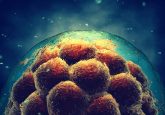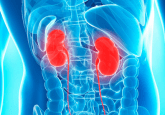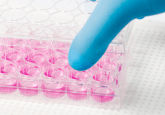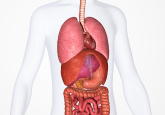Generating functional thymic organoids from human pluripotent stem cells

Researchers have used pluripotent stem cells to produce functional thymus organoids that facilitate the maturation of patient-specific T-cells.
The thymus is a major player in the function of the human immune system as it facilitates the maturation of T cells. However, the aging process can lead to the degradation of the thymus resulting in decreased function and T cell output. This can increase the risk of disease and the development of autoimmunity.
In a recent study published in Stem Cell Reports, researchers utilized human pluripotent stem cells (hPSCs) to grow patient-specific thymus organoids capable of supporting T cell development. The organoids consisted of three different cell types: thymic epithelial progenitors, hematopoietic progenitor cells and mesenchymal cells, which were all differentiated from the same hPSC line. According to senior author, Holger Russ (University of Florida; FL, USA), this is also the first time that functional hPSC-derived thymic epithelial cells have been generated in the lab.
You might also like:
- First human bone marrow organoids developed
- Researchers produce adrenal gland organoids
- Researchers discover that using early-stage stem cells is key to producing brain organoids that are reliable models of disease
This proof-of-concept work serves as a starting point for in vitro investigations into human thymus function, T cell maturation and transplant immunity. Russ had this to say about the impact of this research: “We have established the framework for further basic science and translational research interrogating human thymus development and function in vitro, and in a patient-specific manner. We anticipate our work provides important conceptual and technical advances for the field.”





